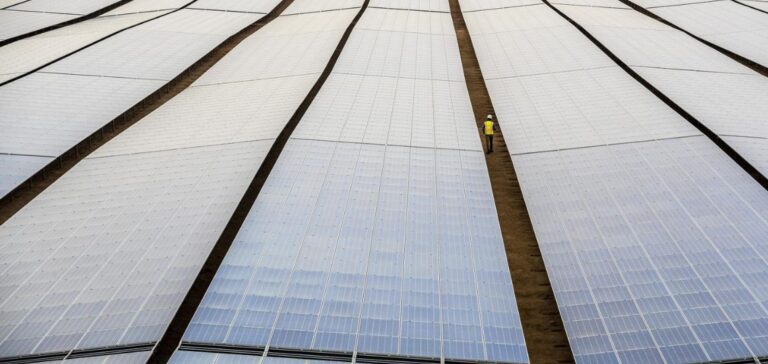Abu Dhabi National Energy Company (TAQA), today announced a comprehensive Environmental, Social and Governance (ESG) strategy for 2030. It is one of the largest publicly traded integrated utilities in the Europe, Middle East and Africa region in terms of market capitalization.
This new ESG strategy includes interim greenhouse gas emission reduction targets for the National Low Carbon Electricity and Water Champion. This is a credible step towards achieving its net zero ambitions by 2050.
Under this framework, TAQA commits to a 25% reduction in Scope 1 and 2 emissions by 2030. The company likewise presents a 33% reduction in emissions from the UAE portfolio compared to 2019.
Jasim Husain Thabet, President and CEO of TAQA Group, says:
“We see sustainability as an opportunity and are evolving to become a low-carbon energy and water champion. This means meeting today’s energy and water needs in the most efficient way possible, while investing in the low-carbon alternatives we need. The ESG strategy was placed at the heart of our corporate strategy last year, and this ESG strategy and targets are proof that we are delivering on this commitment. We have a key role to play in helping the UAE achieve its goal of net zero emissions by 2050, which is reflected in our GHG emission reduction targets.
A new, well-defined ESG strategy
TAQA will focus first on decarbonizing the electricity and water supply. The pursuit of electrification in all sectors will be another objective of the UAE giant. Its third objective is demand-side management to support more efficient use of electricity and water.
TAQA Group’s president and CEO also adds:
These are not just goals for the future, but steps we are already taking to significantly reduce emissions and put us on the path to zero emissions by 2050. As we approach COP27 and COP28 here in the United Arab Emirates, the focus will increasingly be on actions, not just promises. As a large regional company, we are determined to play our part without compromising security of supply. We will also be unwavering in our pursuit of opportunities associated with addressing climate change and in our commitment to the broader principles of ESG.”
The broader ESG strategy is built around six core material topics. They are climate change, water and effluents, occupational health and safety, diversity and equal opportunity, engagement with local communities and corporate governance. TAQA aims to achieve quantitative and qualitative ambitions in these areas of interest through several new and existing initiatives.






















